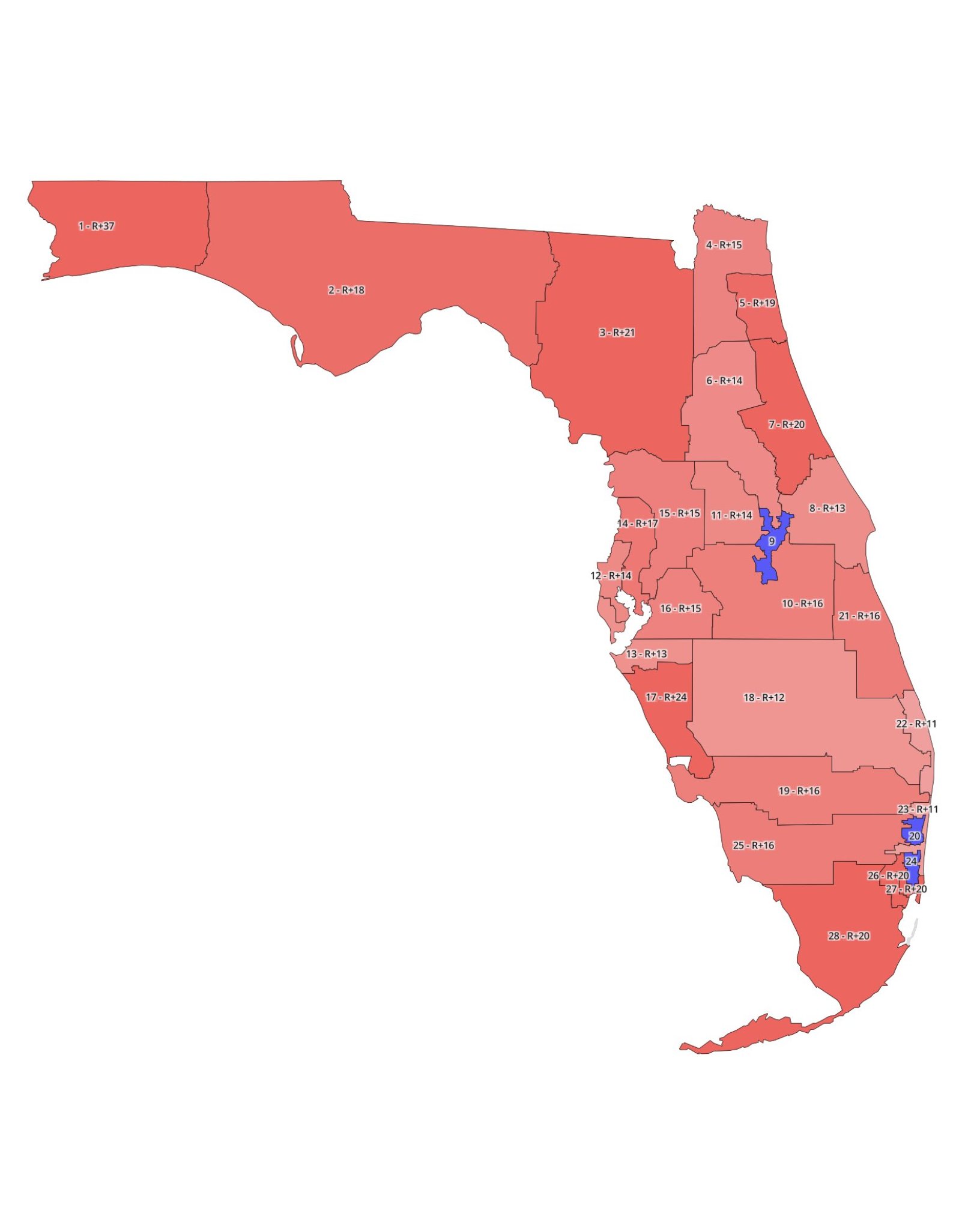Sen. John Kennedy Proposes Bill to Ban Congressional Pay During Government Shutdowns
In a bold move aimed at addressing the frustrations surrounding government shutdowns, Senator John Kennedy (R-LA) has introduced legislation that seeks to prohibit members of Congress from receiving their salaries during such periods. The proposal is part of Kennedy's broader effort to hold lawmakers accountable for their failure to fund the government and prevent disruptions that affect millions of Americans.
Senator Kennedy expressed his determination to see the bill enacted, stating, "I’m going to keep fighting to make sure lawmakers don’t get paid when they fail to do their jobs and fund the government." He emphasized that the financial burden of shutdowns disproportionately impacts ordinary citizens, while lawmakers continue to receive their paychecks despite the gridlock. "It isn’t right that regular people feel more pain during shutdowns than the politicians who cause them," he added.
The introduction of this bill comes in the wake of several recent government shutdowns that have led to significant disruptions in federal services and have left many federal employees without pay. Kennedy's proposal aims to create a financial incentive for Congress to reach bipartisan agreements and ensure the government remains operational.
As the nation grapples with the implications of government shutdowns, Kennedy's initiative highlights a growing sentiment among constituents who are frustrated with the political stalemate that often leads to such crises. By linking congressional pay to government functionality, the senator hopes to encourage a more responsible approach to budgeting and fiscal management within Congress.
The bill is expected to face scrutiny and debate as it moves through the legislative process, but it underscores a critical conversation about accountability and the responsibilities of elected officials. As discussions continue, the impact of government shutdowns on everyday Americans remains a pressing concern for lawmakers and citizens alike.


